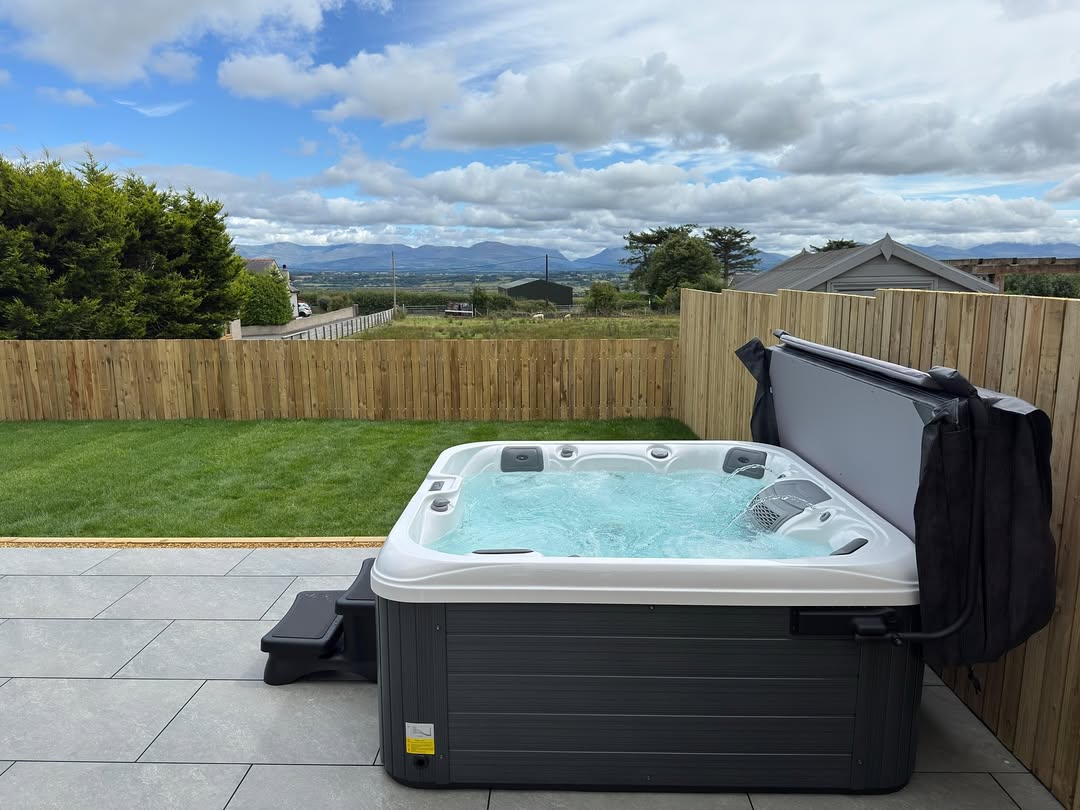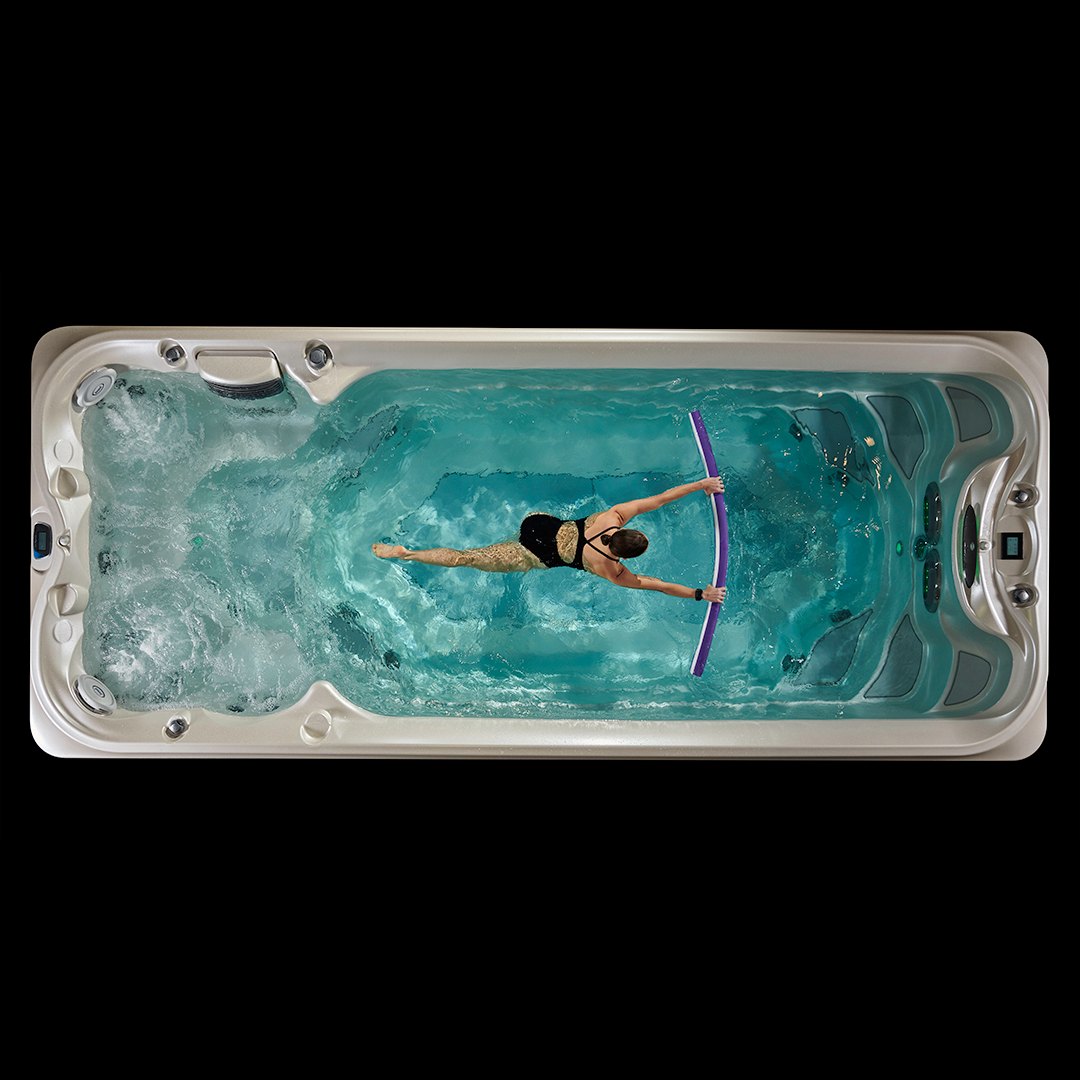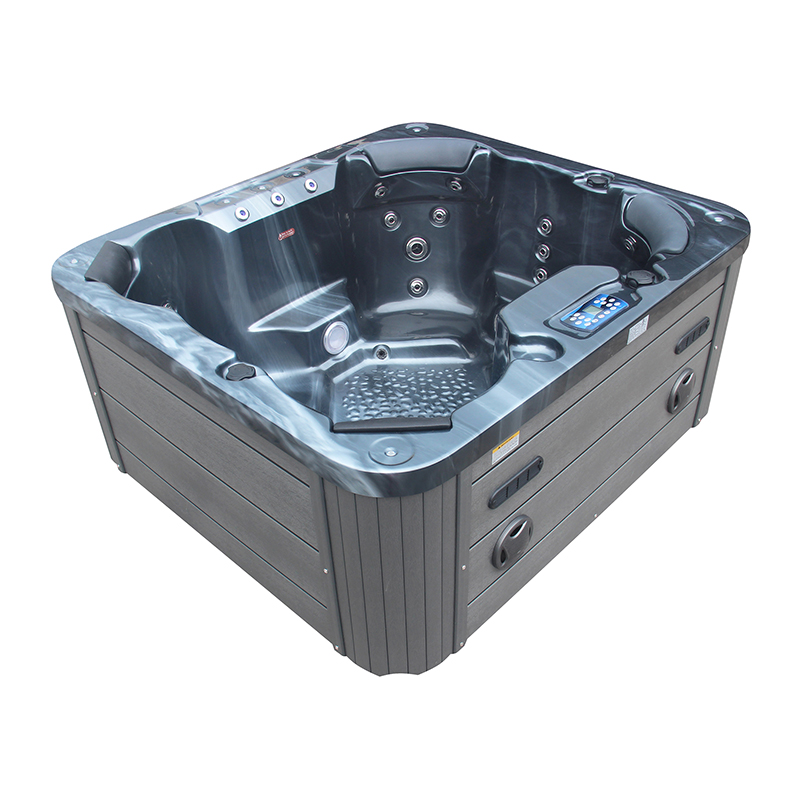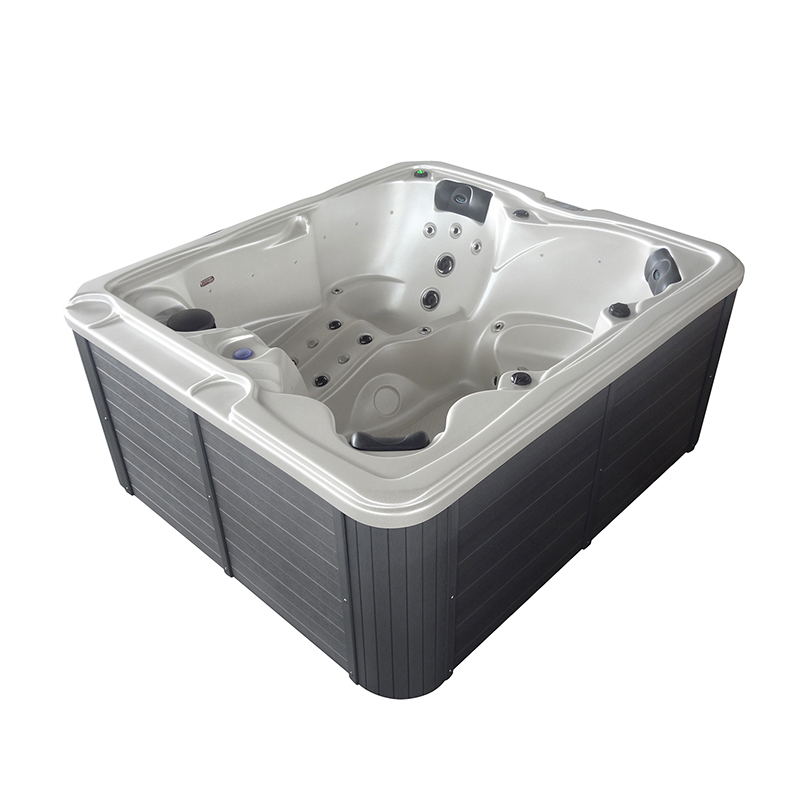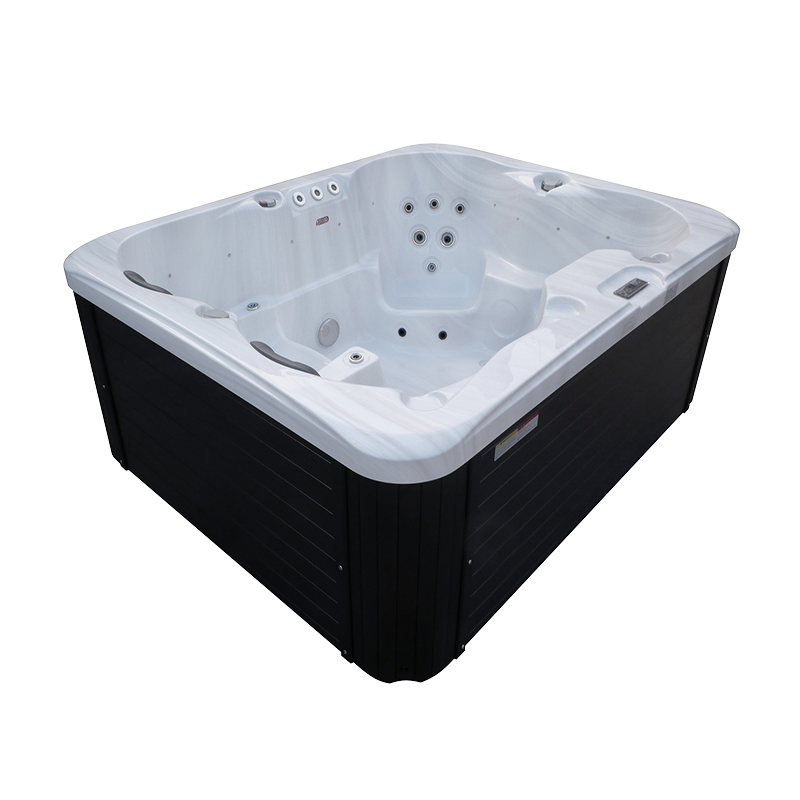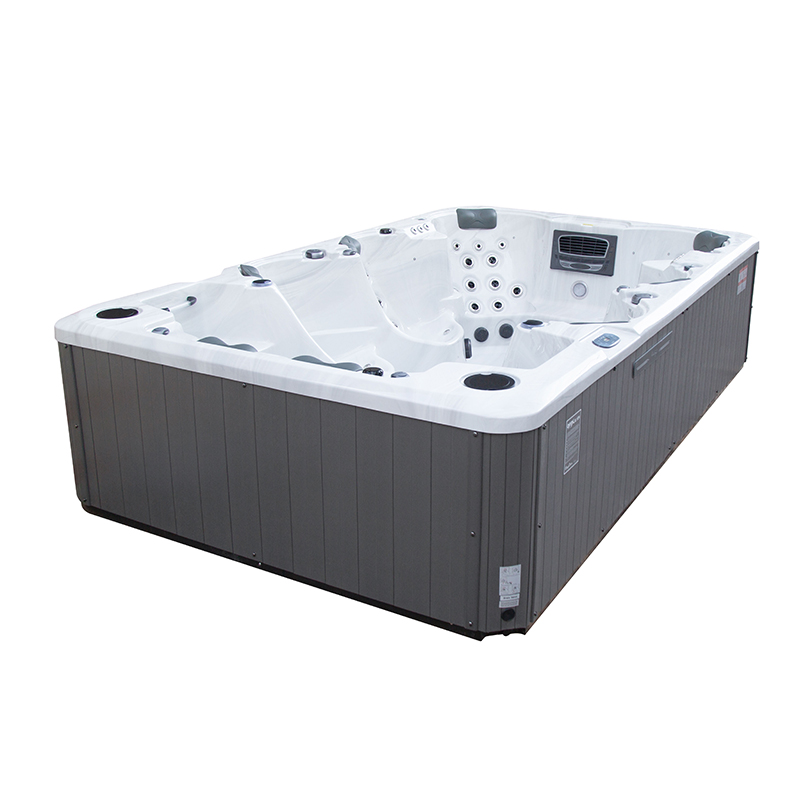When it comes to unwinding after a hectic day, nothing quite compares to soaking in the warmth of a hot tub. Beyond offering relaxation, this simple indulgence is associated with several health benefits. While the soothing jets work wonders on your body, many people are unaware of the multitude of potential health benefits a hot tub can provide. From promoting better sleep to improving cardiovascular health, there are numerous reasons why hot tubs are considered therapeutic. In this article, we’ll explore the various ways hot tubs impact your body, what benefits you can expect, and when it might be safer to avoid them.
Whether you’re a frequent hot tub user or are simply curious about their advantages, understanding how hot tubs work will help you maximize their benefits. So let’s dive into the world of hot tubs, their health benefits, and the precautions you should take to enjoy your soak safely.
1. Stress Reduction and Mental Relaxation
Among the most immediate and noticeable effects of a hot tub is the relief it provides from stress. The warm water combined with massaging jets can be incredibly soothing for both the body and mind. This therapeutic combination helps to relax the muscles and encourages the release of endorphins—the body’s natural stress-relievers. Studies have shown that the warmth of the water, along with gentle massage, can stimulate the parasympathetic nervous system, which helps you unwind and lower overall stress levels.
Adding aromatherapy or playing calming music during your soak can enhance the experience even further, providing an environment that promotes both emotional and mental relaxation. Whether you’re recovering from a busy workday or simply seeking a break from daily pressures, a hot tub provides a sanctuary of peace.
2. Enhanced Muscle Relaxation and Pain Relief
Another significant benefit of hot tubs is their ability to relax tight, sore muscles and ease joint pain. The combination of warm water and the massaging effect of the jets can work wonders in loosening up stiff muscles, reducing tension, and soothing aches. For those with conditions such as arthritis or fibromyalgia, the heat therapy from a hot tub can bring noticeable relief by increasing blood flow to areas that are inflamed or stiff.
For athletes or anyone prone to muscle strain, soaking in a hot tub before exercise may also reduce the risk of injury by relaxing muscles and improving flexibility. The heat helps increase circulation, which is essential for muscle recovery and reducing post-workout soreness. Soaking in warm water after physical exertion can also alleviate discomfort, helping you to feel more refreshed and less stiff the next day.
3. Improved Sleep Quality
Struggling with insomnia or disrupted sleep cycles? A soak in the hot tub before bedtime may be the key to better sleep. The relaxing effects of hot water can help lower your core body temperature, which is a signal to your body that it’s time to wind down for the night. According to research, hydrotherapy similar to hot tub soaking can increase the levels of serotonin and histamine—hormones that promote restful sleep.
In fact, a study conducted in 2023 found that hot tub use can significantly improve sleep quality as measured by the Pittsburgh Sleep Quality Index (PSQI). Whether you suffer from occasional sleep disturbances or chronic insomnia, a hot tub soak may help prepare your body for a deep, uninterrupted night of rest. It’s a natural and enjoyable remedy to help you unwind before hitting the pillow.
4. Relief from Chronic Pain and Arthritis
Hot tubs are often recommended for individuals who suffer from chronic pain or arthritis. The soothing effect of the warm water and the gentle massage from the jets can alleviate stiffness and inflammation in the joints. For people with arthritis, the heat helps reduce pain by relaxing tight muscles and improving the flexibility of stiff joints.
Studies have shown that hydrotherapy, which mimics the therapeutic effects of a hot tub, can be more effective than some traditional physical therapies. A 2021 study found that hydrotherapy helped improve pain, stiffness, and muscle strength in patients who had undergone knee replacement surgery. The buoyancy of the water also reduces the pressure on joints, making movement easier and less painful.
5. Cardiovascular Health Benefits
Surprisingly, hot tubs can also provide benefits for your cardiovascular health. Soaking in warm water increases heart rate and improves circulation, which has been linked to improved vascular function. Research conducted in 2020 involving over 30,000 participants found that individuals who took frequent hot baths had a lower risk of developing cardiovascular diseases.
In addition to improving circulation, hot tubs have been shown to reduce blood pressure by helping the blood vessels dilate. This passive form of heat therapy may also be beneficial for individuals who have difficulty engaging in regular physical exercise, as it helps promote better heart health and reduces cardiovascular risk.
6. Enhancing Insulin Sensitivity and Blood Sugar Control
For those with type 2 diabetes or insulin resistance, hot tubs may offer a surprising benefit—improved insulin sensitivity. A 2018 study revealed that individuals who underwent regular hot water immersion showed decreased fasting blood glucose and insulin levels, which can be critical in managing diabetes.
Another study in 2019 showed that thermal therapy, including hot baths or saunas, could improve glucose tolerance and insulin sensitivity in people with insulin resistance. This suggests that using a hot tub may help regulate blood sugar levels and enhance the effectiveness of your body’s insulin response. It’s important to note that hot tubs should not replace medical treatment for diabetes but could serve as a complementary therapy for managing the condition.
7. Calorie Burning and Metabolism Boost
While hot tubs are not a substitute for exercise, they may still contribute to calorie burning and metabolism. A 2016 study found that participants who soaked in a hot bath for one hour burned about the same amount of calories as a 30-minute walk. This effect occurs because the heat from the water can raise your heart rate and stimulate metabolism.
Although soaking in a hot tub isn’t an effective weight loss strategy on its own, it may help support your metabolism, particularly if you have limited mobility or difficulty exercising. The passive heat exposure can also improve cardiovascular health and overall wellness by enhancing blood flow and promoting a slight increase in caloric burn.
Who Should Avoid Using a Hot Tub?
While hot tubs are generally safe for most people, there are certain groups who should avoid them or consult a doctor before use. If you are pregnant, it is advisable to avoid hot tubs due to the risk of overheating, which could potentially harm you and your baby. For individuals with heart disease, hot tubs can alter heart rate and blood pressure, which could be risky depending on the severity of the condition.
People with skin injuries or infections should also refrain from using hot tubs until their wounds have healed. Additionally, those with low blood pressure, who are prone to dizziness or fainting, should be cautious when using hot tubs, as the hot water can further lower blood pressure.
If you have a urinary tract infection (UTI), hot tubs may worsen symptoms, so it’s best to avoid them until you’ve fully recovered. Always consult your healthcare provider if you have any concerns about using a hot tub, especially if you have underlying health conditions.
Tips for Maximizing the Benefits of Your Hot Tub Soak
To get the most out of your hot tub experience, it’s essential to follow a few simple guidelines. Make sure the hot tub is clean and properly maintained, as unclean water can lead to infections. If you’re using a public hot tub, check that it’s well-maintained and sanitized.
Here are some key tips to enhance your hot tub experience:
- Avoid overly hot water: Keep the water temperature below 104°F (40°C) to prevent overheating.
- Stay hydrated: The heat from the hot tub can cause dehydration, so drink plenty of water before and after your soak.
- Limit your time: If you’re new to hot tubs or are not accustomed to heat, limit your soak to 10-15 minutes. If you start feeling lightheaded, dizzy, or nauseous, exit the hot tub immediately.
- Take a warm shower afterward: After your soak, rinse off with lukewarm water and soap to cleanse your skin.
By following these safety guidelines, you can enjoy your hot tub sessions while minimizing any potential risks.
Gyakran Ismételt Kérdések (GYIK)
1. Can I use a hot tub if I have high blood pressure?
If you have high blood pressure, soaking in a hot tub may be beneficial due to its ability to relax blood vessels and reduce stress. However, it’s essential to consult with your doctor to ensure that hot water therapy is appropriate for your specific condition.
2. How often should I soak in a hot tub for optimal health benefits?
The frequency of hot tub use depends on your individual needs and health. For general relaxation and muscle relief, 2-3 sessions per week may be sufficient. However, if you have specific health concerns, such as arthritis or chronic pain, you may benefit from more frequent use. Always listen to your body and avoid overuse.
3. Are there any long-term health risks associated with hot tubs?
When used correctly and safely, hot tubs generally have minimal risks. However, excessive heat exposure or prolonged sessions in hot water can lead to dehydration, overheating, or dizziness. It’s crucial to follow the safety tips outlined in this article to avoid these risks.
Final Thoughts
Incorporating hot tub therapy into your wellness routine can offer a variety of health benefits, from stress relief to improved sleep quality and cardiovascular health. While hot tubs provide relaxation and therapeutic effects, they should be used with care, especially if you have any pre-existing medical conditions. By following safety guidelines and maintaining proper hygiene, you can maximize the health benefits of your hot tub experience.
Whether you’re looking to ease muscle tension, improve your sleep, or simply unwind after a long day, a hot tub can be a valuable tool for promoting overall well-being. Just remember to use caution, stay hydrated, and consult your doctor if you have any concerns. So, take a moment to relax and soak up the benefits of a hot tub—you deserve it!




